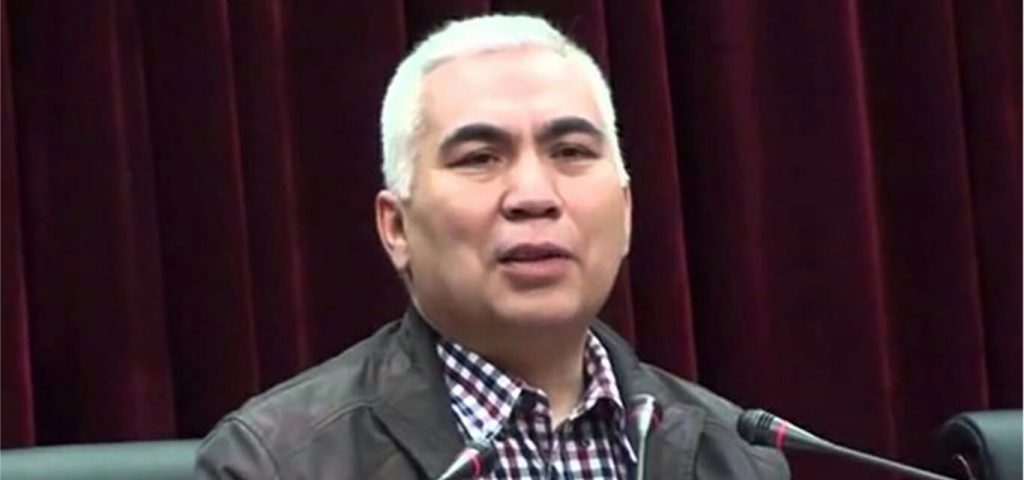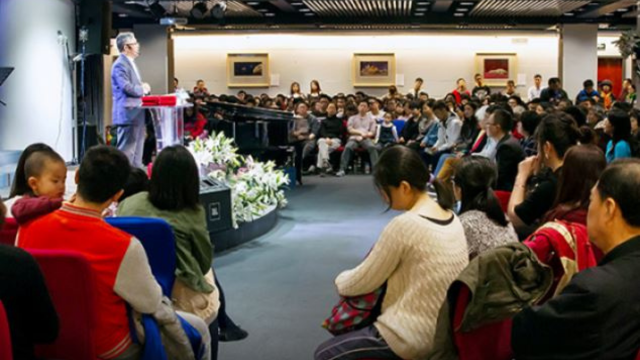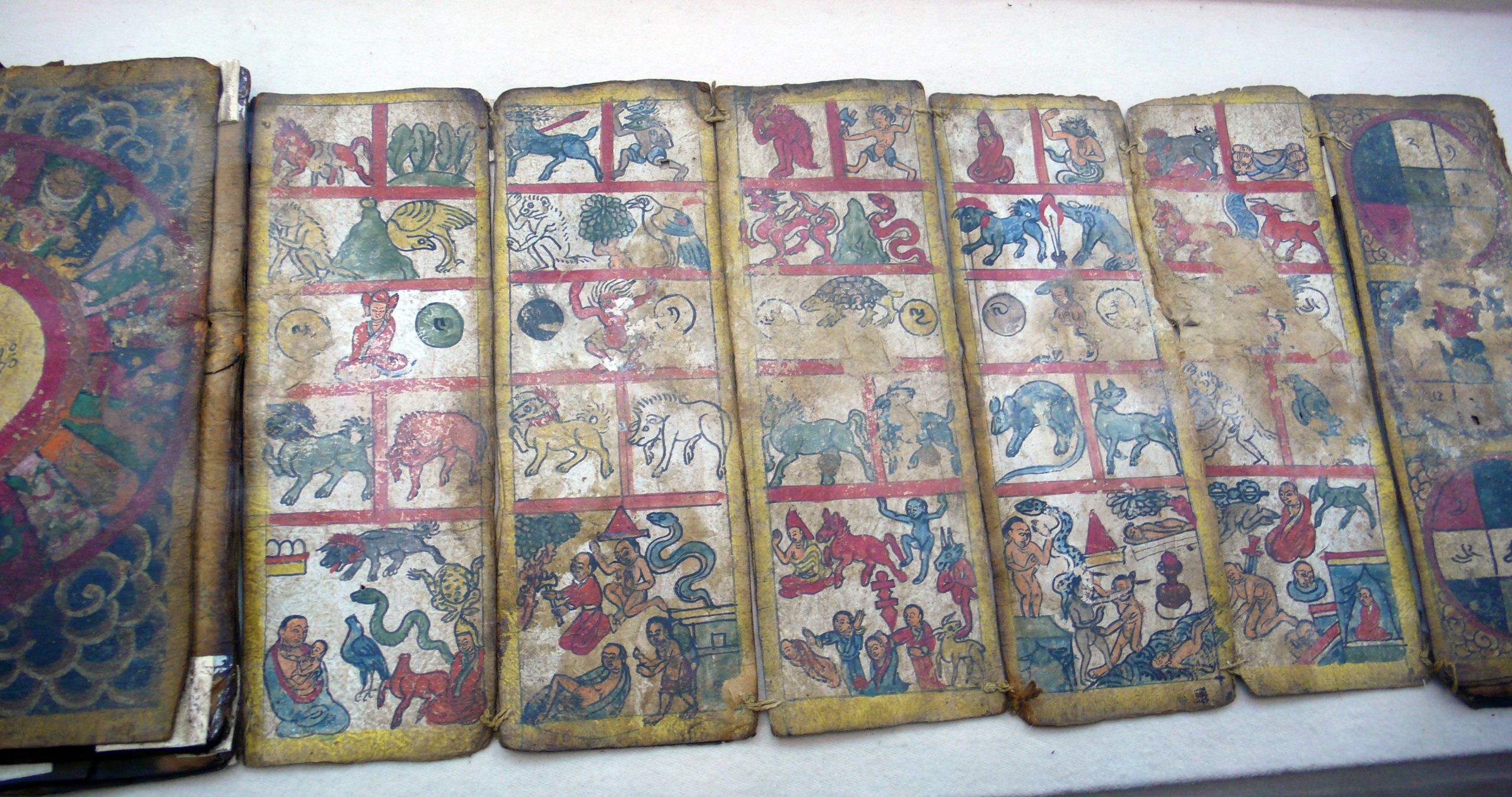Authorities in northwest China’s Xinjiang Uyghur Autonomous Region (XUAR) have detained prominent Uyghur professor and poet Abdulqadir Jalaleddin and are believed to be holding him in one of the region’s many “political re-education camps,” according to a local official.
On Monday, Munich-based World Uyghur Congress issued a statement condemning the detention of Jalaleddin, citing reports that police had raided his home on Jan. 29, placed a black hood over his head and arrested him.

“The Chinese government has provided no justification for his arrest and he has not been publicly charged with any crime, despite his continued detention,” the statement said, adding that Jalaleddin is among many Uyghur writers, scholars, academics and journalists held in the XUAR.
The WUC urged the international community to “push back against these efforts” and raise such cases to ensure accountability for human rights violations in the region.
The statement followed reports last month from RFA listeners, as well as from the Munich-based East Turkistan Information Centre, that Jalaleddin—a lecturer at the Xinjiang Pedagogical University in the XUAR capital Urumqi—had been arrested by Chinese State Security Police.
Officials who answered calls from RFA’s Uyghur Service to Urumqi’s Tengritagh (in Chinese, Tianshan) District Police Station, Ulanbay District Police Station, and Xinjiang Normal University in recent days said they were unaware of Jalaleddin’s detention and refused to answer further questions.
But an official who answered the phone at a branch office of the Xinjiang Pedagogical University Security Department told RFA that the professor hadn’t been seen since classes broke for winter vacation—around three months earlier.
“We saw him before the winter vacation, but since we returned from holiday we haven’t seen him,” the official said, speaking on condition of anonymity.
“We heard that he has been taken for re-education. The university knows about it, but we have not been officially informed yet.”
The official referred further questions to Feng Wenchang, the head of political affairs for the university’s Public Security Office.
During a telephone interview, Feng checked a “list of arrested university staff” and confirmed that Jalaleddin had been detained.
“I can see here that he was taken away by the Urumqi State Security Police on Jan. 29,” he said, adding that “no other information” was available about his case.
Vast network
Since April 2017, Uyghurs accused of harboring “strong religious views” and “politically incorrect” views have been jailed or detained in re-education camps throughout the XUAR, where members of the ethnic group have long complained of pervasive discrimination, religious repression, and cultural suppression under Chinese rule.
China’s central government authorities have not publicly acknowledged the existence of re-education camps in the XUAR, and the number of inmates kept in each facility remains a closely guarded secret, but local officials in many parts of the region have in RFA telephone interviews forthrightly described sending significant numbers of Uyghurs to the camps and even described overcrowding in some facilities.
Maya Wang of the New York-based Human Rights Watch told The Guardian in January that estimates of XUAR residents who had spent time in the camps went as high as 800,000, while at least one Uyghur exile group estimates that up to 1 million Uyghurs have been detained throughout the region since April 2017, and some Uyghur activists say nearly every Uyghur household has been affected by the campaign.
On the same day Jalaleddin was detained, RFA received reports that prominent Uyghur Islamic scholar Muhammad Salih Hajim had died in Chinese police custody, some 40 days after he was detained at a re-educaiton camp in Urumqi.
The exact circumstances of his death are unknown, but sources have suggested Hajim was subjected to torture and other forms of ill-treatment during his detention.
Since Xinjiang party chief Chen was appointed to his post in August 2016, he has initiated unprecedented repressive measures against the Uyghur people and ideological purges against so-called “two-faced” Uyghur officials—a term applied by the government to Uyghurs who do not willingly follow directives and exhibit signs of “disloyalty.”
China regularly conducts “strike hard” campaigns in Xinjiang, including police raids on Uyghur households, restrictions on Islamic practices, and curbs on the culture and language of the Uyghur people, including videos and other material.
While China blames some Uyghurs for “terrorist” attacks, experts outside China say Beijing has exaggerated the threat from the Uyghurs and that repressive domestic policies are responsible for an upsurge in violence there that has left hundreds dead since 2009.
Source: Copyright © 1998-2016, RFA. Used with the permission of Radio Free Asia, 2025 M St. NW, Suite 300, Washington DC 20036. https://www.rfa.org.












